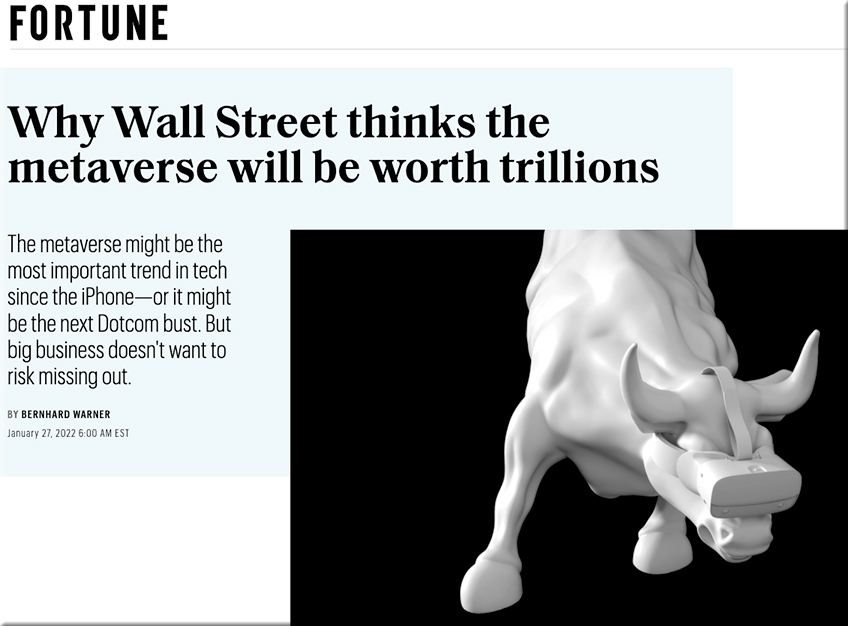Holograms? Check! Now what? — from blog.webex.com by Elizabeth Bieniek
Excerpt (emphasis DSC):
Two years ago, I wrote about the Future of Meetings in 2030 and hinted at an effort my team was building to make this a reality. Now, we have publicly unveiled Webex Hologram and brought the reality of a real-time, end-to-end holographic meeting solution to life.
With Webex Hologram, you can feel co-located with a colleague who is thousands of miles away. You can share real objects in incredible multi-dimensional detail and collaborate on 3D content to show perspective, share, and approve design changes in real-time, all from the comfort of your home workspace.
As the hype dies down, the focus on entirely virtual experiences in fanciful environments will abate and a resurgence in focus on augmented experiences—interjecting virtual content into the physical world around you for an enhanced experience that blends the best of physical and virtual—will emerge.
The ability to have curated information at one’s fingertips, still holds an incredible value prop that has yet to be realized. Applying AI to predict, find, and present this type of augmented information in both 2D and 3D formats will become incredibly useful.
From DSC:
As I think of some of the categories that this posting about establishing a new kind of co-presence relates to, there are many relevant ones:
- 21st century
- 24x7x365
- 3D
- Audio/Visual (A/V)
- Artificial Intelligence (AI)
- Cloud-based
- Collaboration/web-based collaboration
- Intelligent tutoring
- Law schools, legal, government
- Learning, learning agents, learning ecosystems, Learning from the Living [Class] Room, learning spaces/hubs/pods
- Libraries/librarians
- K-12, higher education, corporate training
- Metaverse
- Online learning
- Telelegal, telemedicine
- Videoconferencing
- Virtual courts, virtual tutoring, virtual field trips
- Web3










